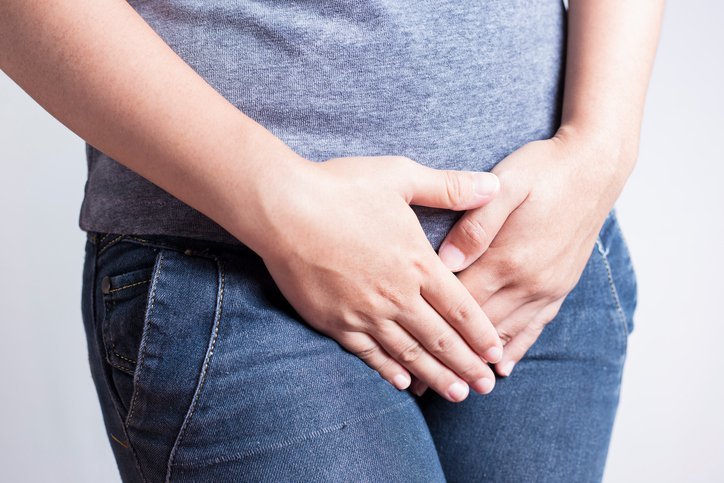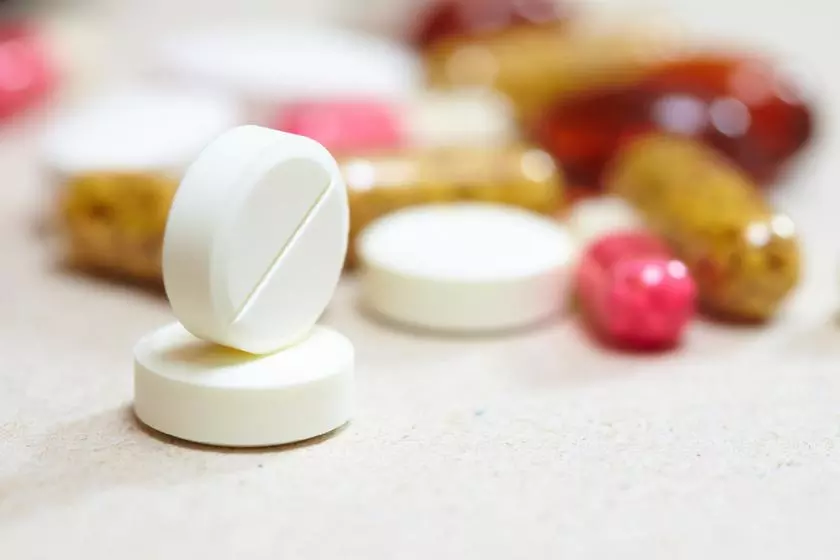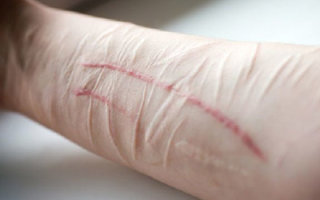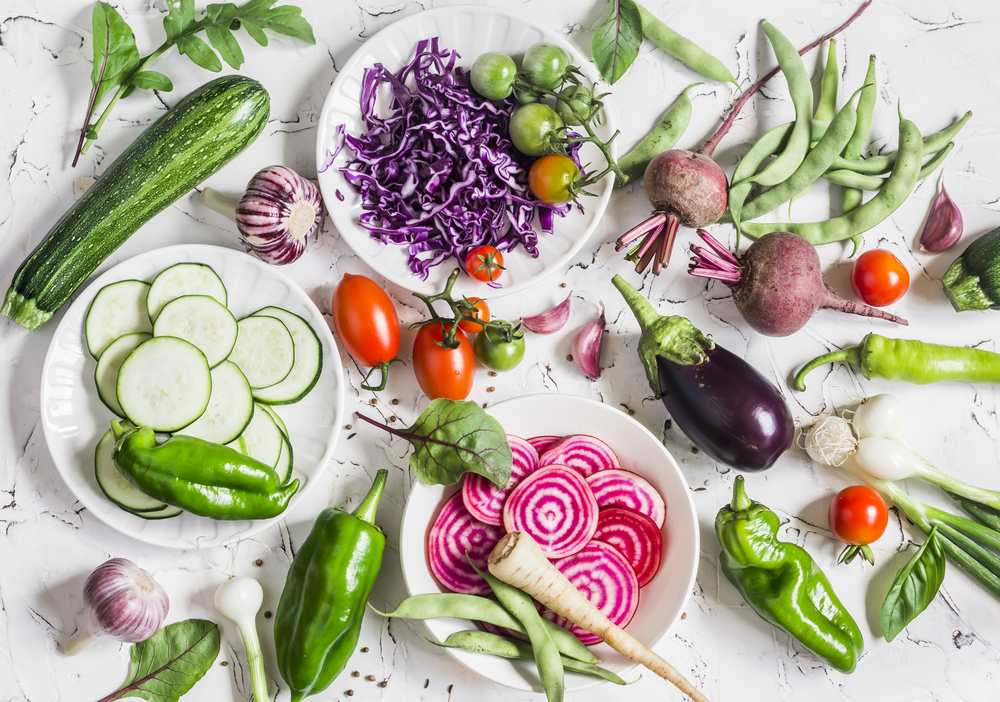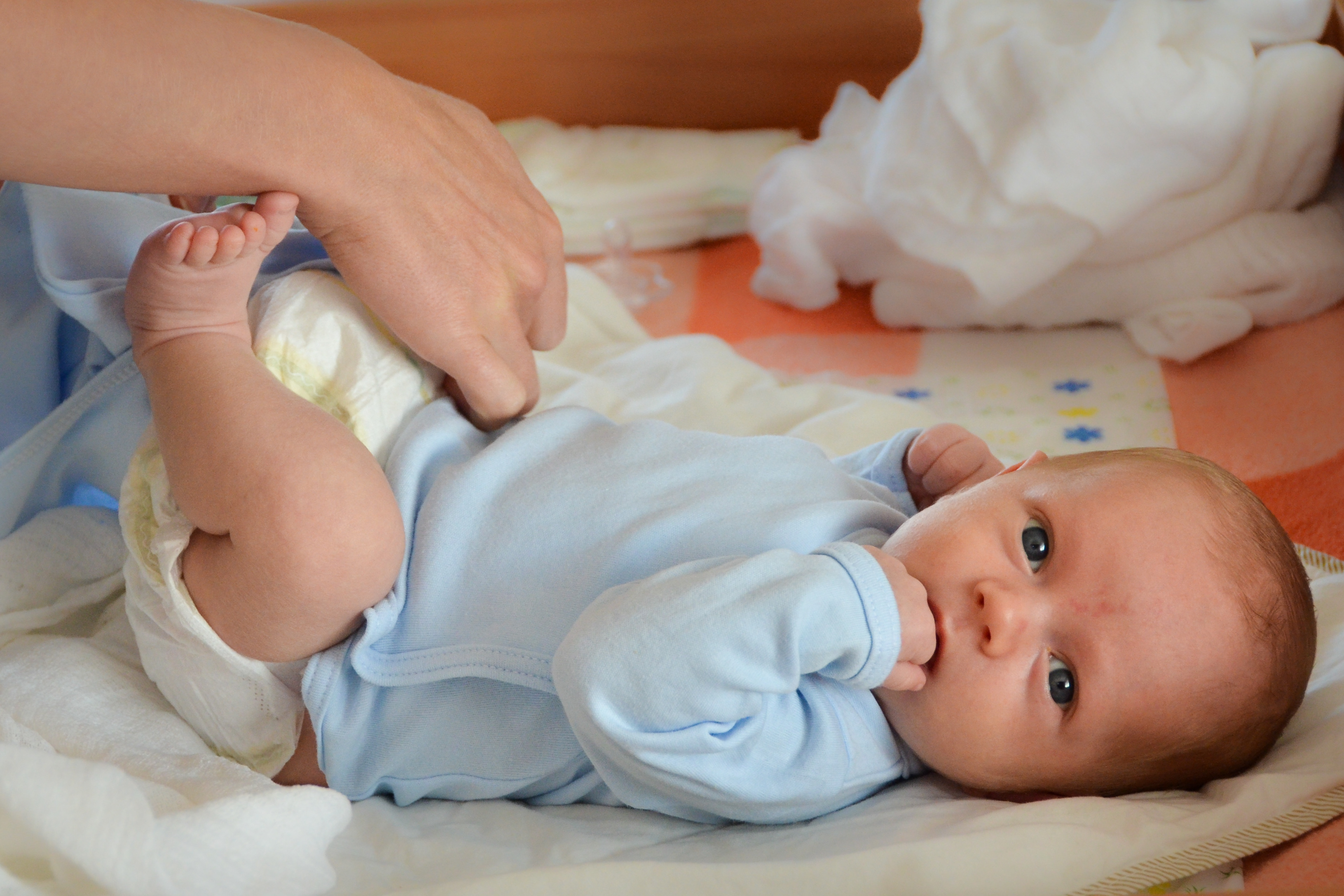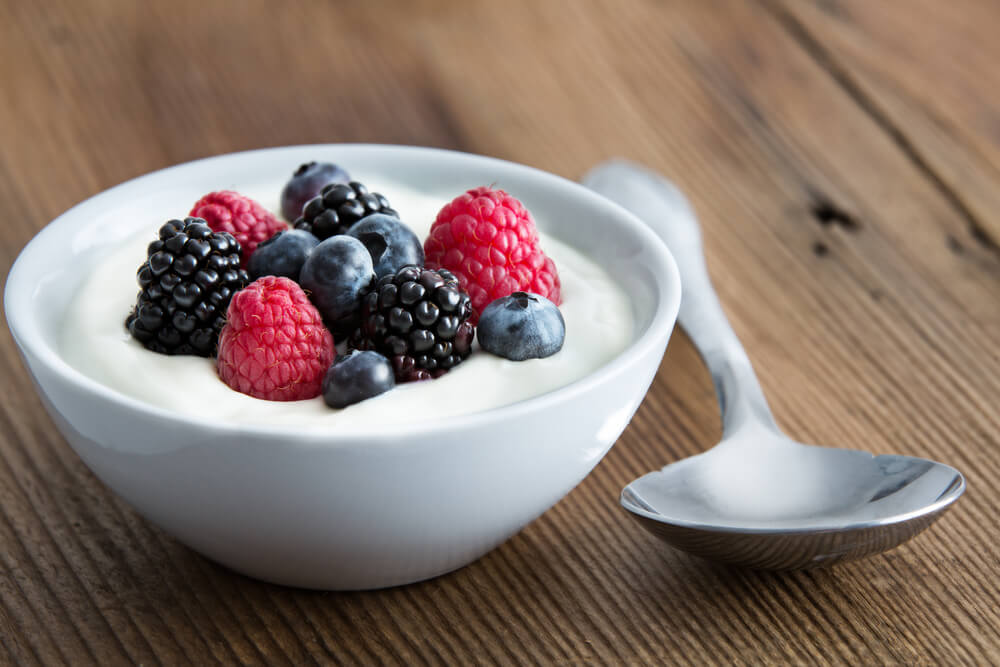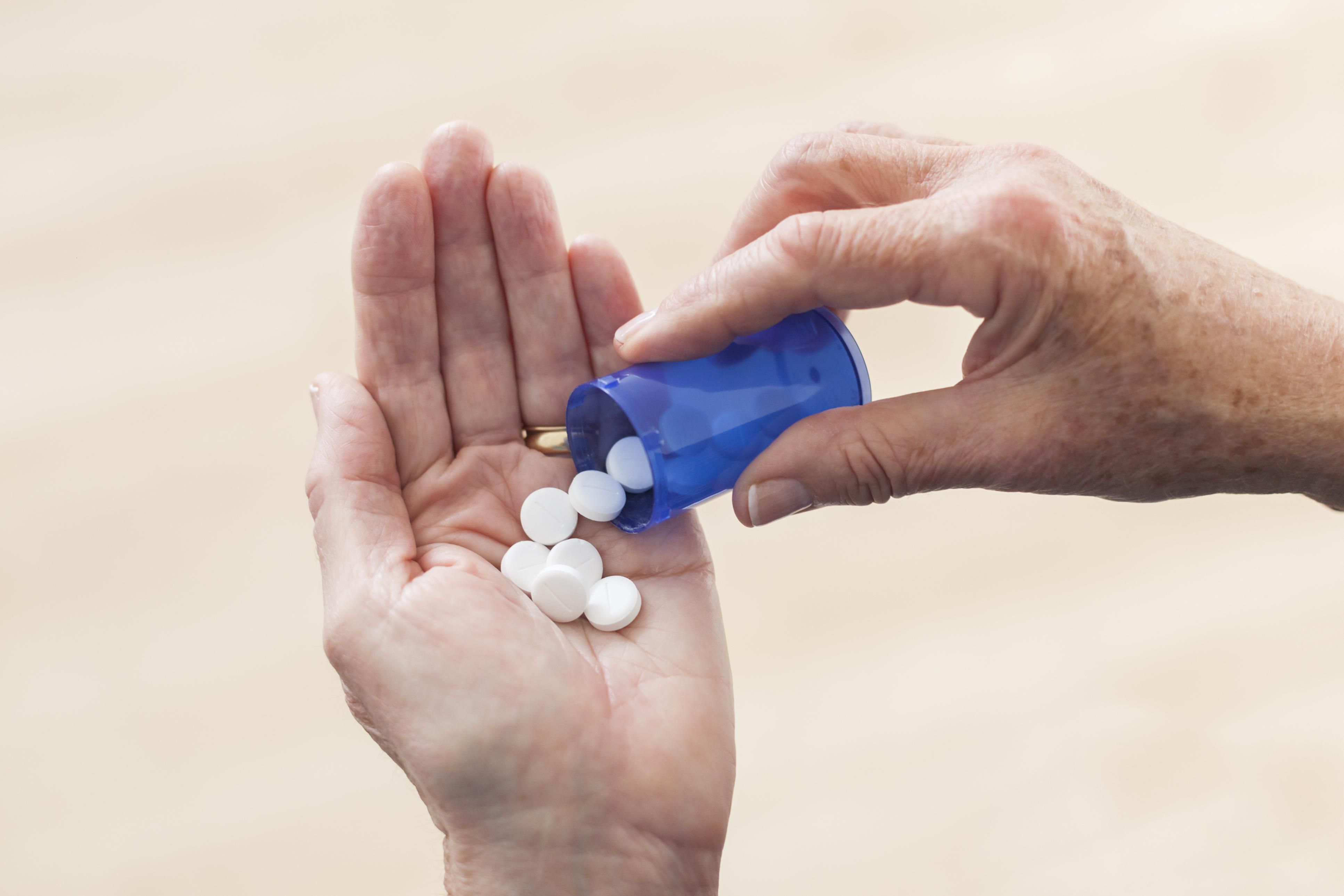Contents:
- Medical Video: Women's Health : Treating Vaginal Dryness
- What causes vaginal dryness after giving birth?
- How do you deal with vaginal dryness after giving birth?
- 1. Use lubricants when you have sex
- 2. You can also use vaginal estrogen cream
- 3. Avoid use douche and special vaginal scented soap
- 4. You can do it foreplay longer
- 5. Keep hydrating your body by drinking lots of water
- 6. Consume foods with balanced nutrition
- 7. Increase your vitamin intake
Medical Video: Women's Health : Treating Vaginal Dryness
Dry vagina after giving birth is normal. Indeed, this makes you uncomfortable or feels sick when having sex again with your partner. However, hormonal changes that occur after you give birth also cause vaginal dryness to occur. A dry vagina may not be avoided by some women, but you can overcome it.
What causes vaginal dryness after giving birth?
Normally, the vaginal wall is lubricated with liquid. Lubricating fluid on the vaginal wall is affected by the hormone estrogen. In addition, the hormone estrogen is also needed for sexual arousal because it helps increase blood flow to the genitals. This makes you feel comfortable and not sick when having sexual relations.
However, after you give birth, the hormones estrogen and progesterone decrease dramatically. Moreover, if you breastfeed, the hormone estrogen will decrease further because high estrogen can interfere with the production of breast milk in the body. This decrease in estrogen levels causes vaginal dryness.
Vaginal tissue can also be thinner, less elastic, and more easily injured. The vagina can become inflamed, so you feel the vagina like heat and itching. Having sexual intercourse when vaginal dry can cause you to feel pain, it can even cause vaginal bleeding.
How do you deal with vaginal dryness after giving birth?
Dry vagina is a disturbing thing if you want to have sexual relations with your husband. However, don't worry because you can do things like below to deal with vaginal dryness.
1. Use lubricants when you have sex
Because your vagina does not produce enough natural lubricants after giving birth, you need a lubricant to deal with vaginal dryness. Lubricants are very helpful during sexual intercourse when your vagina is dry. Penetration when you don't use lubricants can cause you to feel pain, discomfort, and injury to the vagina.
Choose lubricants that are water-based because they are safe for your body. If your partner uses a condom, you should avoid petroleum based lubricants because they can damage the condom. Also, avoid using petroleum jelly or lotion as your vaginal lubricant. These products usually contain perfumes and chemicals that can cause serious infections in your vagina.
2. You can also use vaginal estrogen cream
The use of vaginal estrogen creams, such as conjugated estrogen or estradiol can help you deal with vaginal dryness. However, before deciding to use it, you should discuss it first with your doctor.
3. Avoid use douche and special vaginal scented soap
Use douche (pubic cleansing spray) and scented soap to clean the vagina can actually irritate sensitive vaginal tissue. The chemical content in these ingredients can interfere with natural chemicals in your vagina. The use of a vaginal cleansing spray containing vinegar or baking soda is actually not good for vaginal health. Simply clean your vagina with warm water and soap without perfume.
4. You can do it foreplay longer
A few weeks after you give birth, your body may take longer to produce natural lubricants in the vagina. Therefore, foreplay longer ones may be needed to produce more natural lubricants in the vagina. This of course can help relieve your dry vagina. In addition, you can try different techniques and positions to provide comfort when you have sex.
5. Keep hydrating your body by drinking lots of water
Nursing mothers need more water. If you only consume a little water when you are breastfeeding, you will be more likely to experience dehydration. Dehydration can make vaginal dryness worse because the body prioritizes the distribution of fluids to important organs. Therefore, you should keep your liquid intake at least 8-10 glasses per day or it may also be more dependent on your needs. Follow the signals given by your body, drink when you feel thirsty.
6. Consume foods with balanced nutrition
Eating foods with balanced nutrition can help you increase the production of natural lubricants in the vagina, so that it can help overcome vaginal dry problems. High intake of fatty acids is highly recommended for you. Fatty acids can help produce vaginal natural lubricants. You can get fatty acids from the consumption of fatty fish (such as salmon, tuna, mackerel), sunflower seeds, and sesame seeds.
In addition, you are also advised to consume lots of foods that contain isoflavones. Isoflavones can help regulate hormone levels, so they can also overcome vaginal dry problems. You can find isoflavones in cherries, apples, nuts, soybeans, celery, and flaxseed.
7. Increase your vitamin intake
Some vitamins play an important role in maintaining vaginal flexibility and relieving dry vagina. Instead, try to always meet the needs of vitamin A, vitamin E, and vitamin B complex in an effort to deal with vaginal dryness.
READ ALSO
- After Childbirth Hemorrhoids: How to Overcome It?
- 5 Ways to Overcome Postpartum Depression After Childbirth
- Normally Sex Passion Declines After Childbirth?

